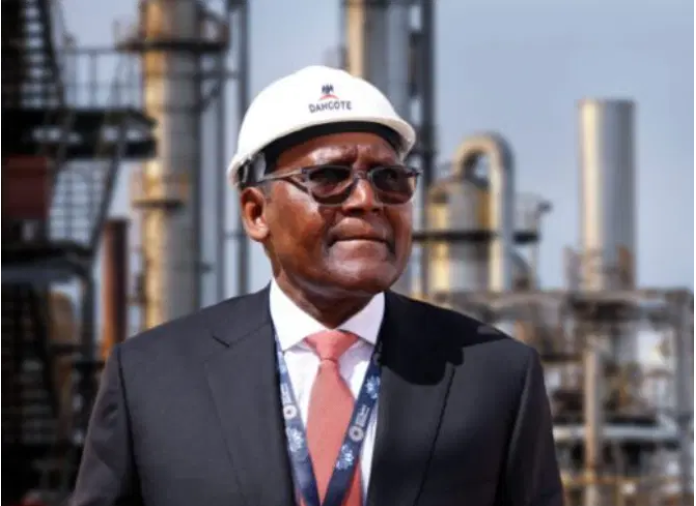The Nigerian National Petroleum Company Limited (NNPCL) has allocated a total of 48.6 million barrels of crude oil to the Dangote Petroleum Refinery over the past ten months, according to recent investigations by Vanguard.
Official data revealed a steady stream of deliveries to the refinery, with 3.4 million barrels supplied in December 2023 and 3.5 million barrels in February 2024. Subsequent monthly allocations included 3.3 million barrels in March, April, and May, followed by 5.1 million barrels each in June and July, 4.8 million barrels in August, and 5.6 million barrels in September. Notably, an additional 11.7 million barrels are slated for delivery in October 2024.
Despite these allocations, sources close to the Dangote Refinery have expressed concerns that the volumes fall short of the plant’s installed refining capacity of 650,000 barrels per day. While the NNPCL has yet to disclose crude oil requirements for Nigerian refineries, including Dangote, it estimated that the total requirement for all refineries in the second quarter of 2024 was 597,700 barrels per day. This figure marks an increase of 114,700 barrels per day from the first half of the year, indicating that current allocations may be less than 50% of the refinery’s capacity.
In related statistics, the National Bureau of Statistics (NBS) reported a significant decline in the volume of Premium Motor Spirit (PMS) consumed, which fell by 12.6% year-on-year to 20.29 billion litres in 2023, down from 23.24 billion litres in 2022. Similarly, the number of PMS trucks decreased by 16.9% over the same period, dropping to 20.22 billion litres.
On the other hand, imports of Automotive Gas Oil (AGO), commonly known as diesel, surged to 4.94 billion litres in 2023, up from 3.99 billion litres in 2022. Locally produced AGO also saw an increase, with 109.39 million litres produced in 2023, a rise of 6.76% from the previous year. Household Kerosene (HHK) production grew even more dramatically, rising by 56% to 69.7 million litres.
The NBS noted that local production of petrol ceased in 2018, with the last recorded production at 128.08 million litres. The report underscored a challenging landscape for Nigeria’s petroleum sector, as both imports and local production levels fluctuate amid evolving market dynamics.
As the situation develops, stakeholders will be keenly observing how these crude allocations and consumption trends impact Nigeria’s energy landscape and the performance of the Dangote Refinery.

